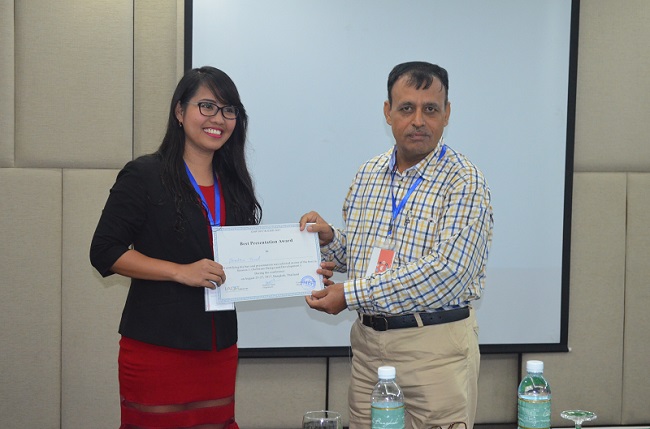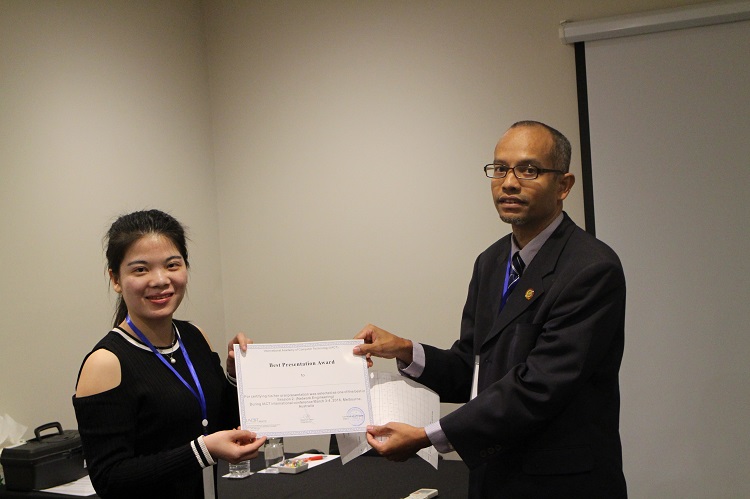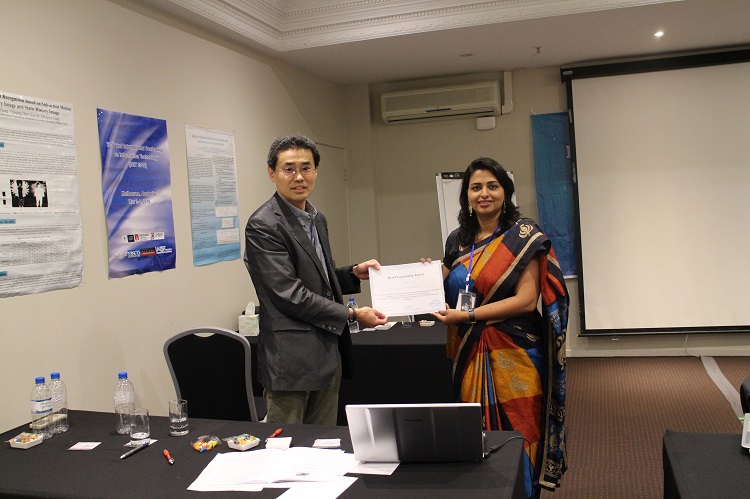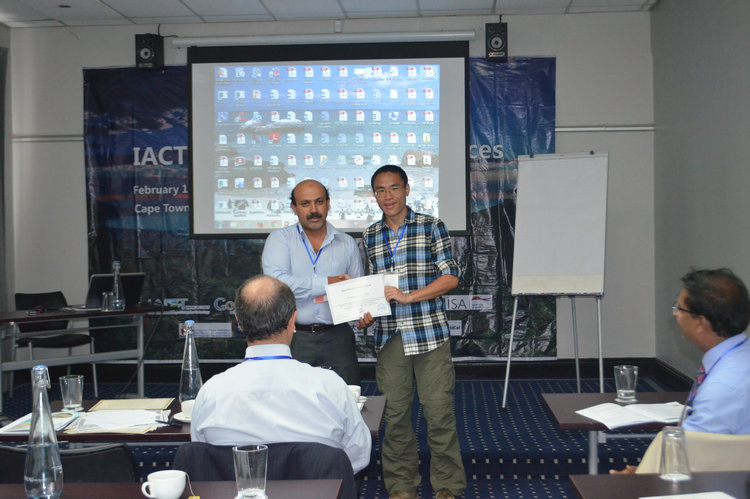Lung cancer is one of the most common tumours/cancers in humans and has a very high mortality rate.
Today, the choice of treatment for patients with lung cancer is determined by pathological examination.
Pathologists can also identify molecularly specific genetic changes that allow for personalized therapy.
Over the past few years, pathology has undergone a digital transformation.
As a result, microscopes are no longer needed. Typical tissue sections are digitized and then analysed on a computer screen.
Digitalization is crucial for the application of advanced analytical methods based on artificial intelligence.
By using artificial intelligence, additional information about the cancer can be extracted from pathological tissue sections -- something that would not be possible without AI technology.
"We also show how the platform could be used to develop new clinical tools. The new tools can not only improve the quality of diagnosis, but also provide new types of information about the patient's disease, such as how the patient is responding to treatment," explained physician Dr Yuri Tolkach from the Institute of General Pathology and Pathological Anatomy at University Hospital Cologne, who led the study.
In order to prove the broad applicability of the platform, the research team will conduct a validation study together with five pathological institutes in Germany, Austria and Japan.
University of Cologne. "Artificial intelligence improves lung cancer diagnosis." ScienceDaily. ScienceDaily, 23 August 2024. <www.sciencedaily.com






